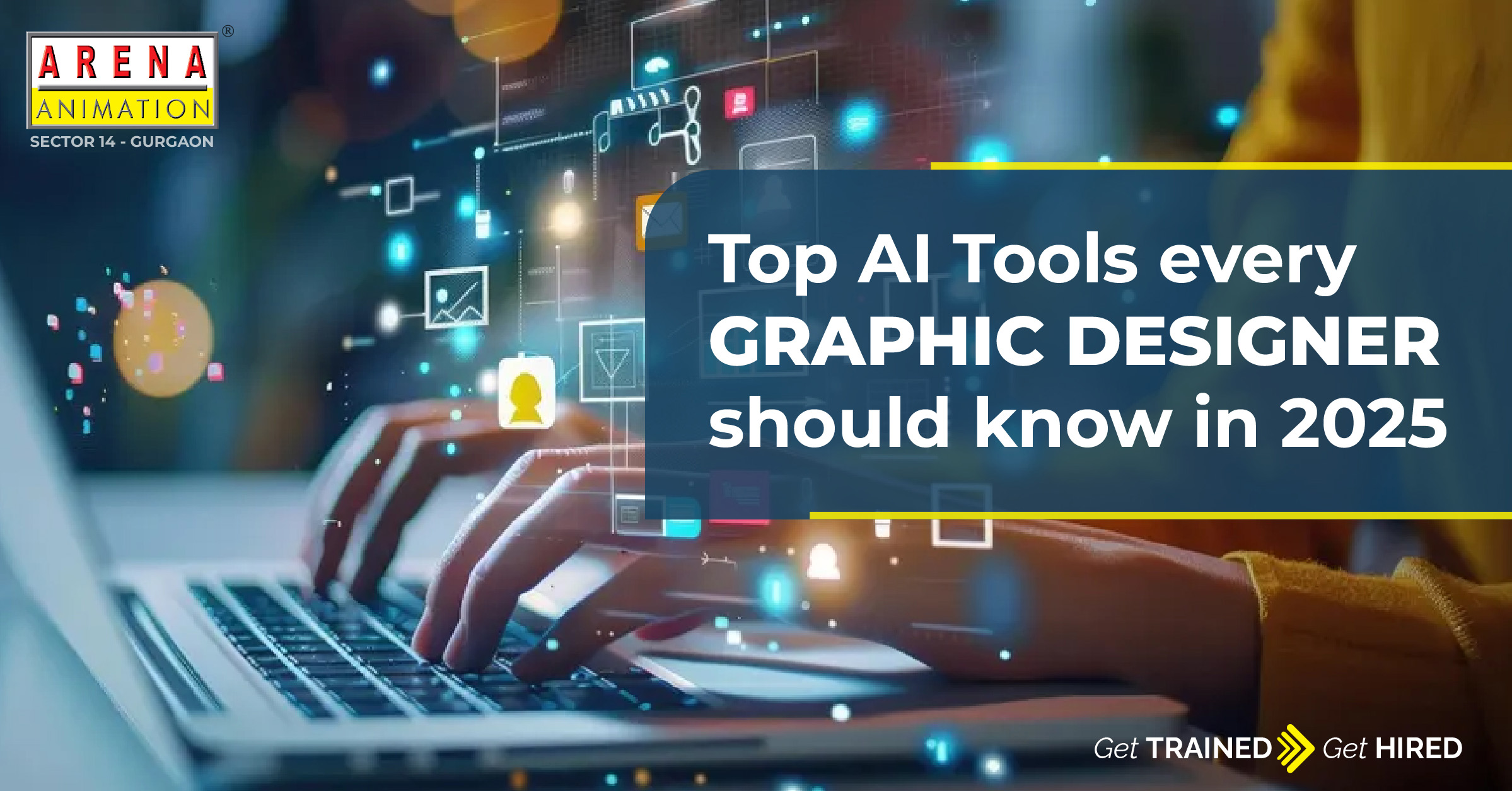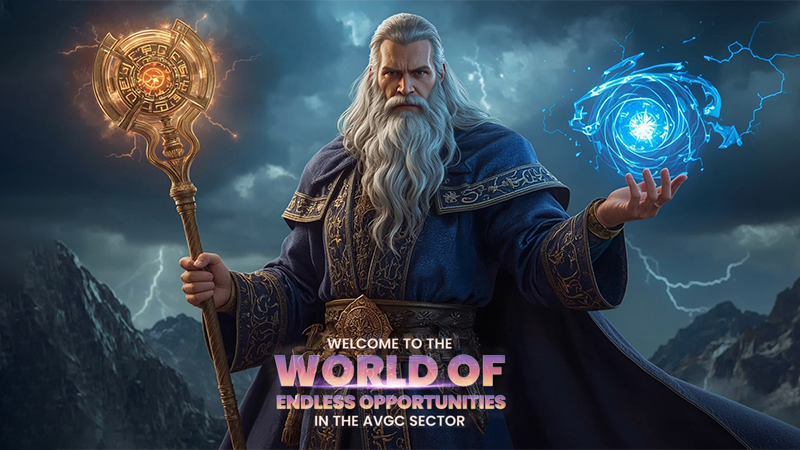
Let’s be honest—graphic design isn’t just about creativity anymore. It's also about speed, adaptability, and staying ahead of tech. And AI? It’s not just hype. It’s the toolset that smart designers are already using to simplify repetitive tasks, generate ideas faster, and focus more on creative direction.
If you’re a student at Arena Animation Gurgaon or an upskilling designer anywhere, these are the AI tools you should know—because they're shaping the way modern design actually gets done.
1. Adobe Firefly
Best for: Text-to-image generation, smart object replacement, generative fills
Firefly is Adobe’s generative AI that works inside Photoshop and Illustrator. Want to swap a background or extend a canvas? Firefly can do it in seconds. You describe what you need, and it creates it. It’s especially useful for generating variations, exploring ideas, or handling last-minute client changes—without burning hours.
2. Canva Magic Studio (AI Suite)
Best for: Quick layouts, copywriting, concept ideas
If you thought Canva was just for beginners, think again. Its AI-powered “Magic Studio” offers design suggestions, automatic image editing, and even AI-generated presentations and social posts. This is a great time-saver for junior designers or solo creators working across multiple platforms.
3. Midjourney
Best for: High-concept artwork, character design, digital mood boards
Midjourney runs through Discord, and it’s incredibly powerful for artists and graphic designers who need quick visual ideas or stunning mockups. Type in a prompt, get surreal or hyperrealistic art. It’s a dream tool for those in concept art, poster design, and visual storytelling.
4. Runway ML
Best for: Video editing, motion design, rotoscoping
Runway ML isn’t just for video creators—it’s built for designers working on motion graphics and interactive content. AI tools inside Runway help remove backgrounds, expand frames, and auto-track motion elements without any manual keyframes. Think of it as your video-editing sidekick.
5. Khroma
Best for: Smart color palette generation
Picking the right color combo can be a pain. Khroma uses machine learning to generate color palettes based on your style preferences. The more you use it, the smarter it gets. It’s ideal for brand design, web layout, or any project where color harmony matters.
6. Designs.ai
Best for: Automated logo, video, and banner creation
Designs.ai is an all-in-one suite that lets you create basic designs, videos, and even voiceovers using AI. It’s not replacing advanced design software, but it’s perfect for quick drafts, marketing assets, or brainstorming multiple logo variations in minutes.
7. Figma AI Plugins (e.g., Magician)
Best for: UI/UX wireframes, component automation
If you're working in UI design (like many Arena students do), Figma plugins like Magician and Automator add serious AI power. Generate icons, fill out wireframes, or get smart suggestions for layout and text. AI here means more thinking, less dragging-and-dropping.
8. AutoDraw by Google
Best for: Rapid sketching, visual ideation
AutoDraw is a lightweight but surprisingly helpful AI sketch tool. You draw a rough shape, and it guesses what you meant—turning a doodle into clean vector icons. Great for whiteboard-style presentations, infographics, or fast visual drafts.
Bonus: ChatGPT for Creative Brainstorming
Yes, we’re talking meta—but tools like ChatGPT can be a designer’s creative partner. Use it to brainstorm headlines, get prompt ideas for Midjourney or Firefly, or even draft basic marketing copy to pair with your visuals.
Why These Tools Matter
Here’s the thing—clients want fast turnaround and high-quality output. These AI tools let you deliver both without burning out.
More importantly, these tools help you shift focus from manual labor to creative thinking. That’s the part no machine can replace. You control the vision—AI just helps you get there faster.
Final Thoughts for Arena Animation Students
If you're studying at Arena Animation Gurgaon or anywhere similar, get familiar with these tools. Whether you’re into branding, animation, UI/UX, or digital art, AI is already part of your future.
Don’t just use it—understand it, experiment with it, and figure out where it fits in your workflow. The best designers in the next 5 years won’t just know Photoshop. They’ll know how to work with AI—and still bring the human edge no algorithm can copy.

